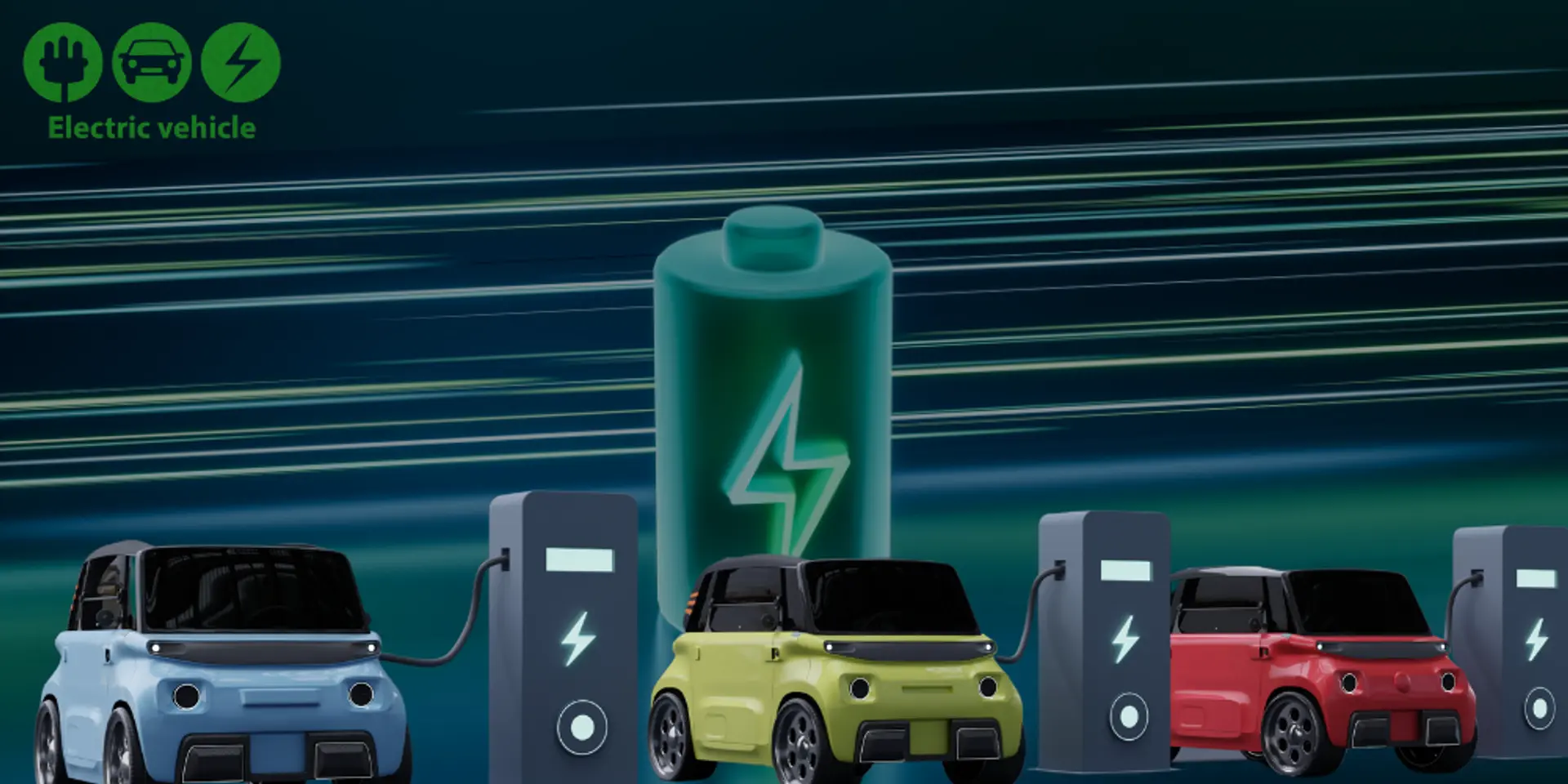Government's Rs 500 Cr scheme to promote EVs kicks in from April 1
The scheme will provide a subsidy of Rs 10,000 per two-wheeler, for about 3.33 lakh vehicles.
The new Rs 500 crore scheme to promote electric mobility in India has come into effect from Monday, April 1, 2024. It will continue till the end of July.
Meanwhile, the second phase of FAME, or Faster Adoption and Manufacturing of Electric Vehicles in India (FAME-II) programme, ended on March 31, 2024.
E-vehicles sold until March 31, or till funds are available, will be eligible for the subsidies stipulated under the FAME II scheme.
The Rs 500 crore Electric Mobility Promotion Scheme 2024 (EMPS 2024) scheme was introduced by the Ministry of Heavy Industries to continue boosting the adoption of electric vehicles (EVs) in the country.
Under EMPS 2024, support of up to Rs 10,000 per two-wheeler will be provided. The aim is to provide support for about 3.33 lakh two-wheelers.
A support of up to Rs 25,000 will be given for the purchase of small three-wheelers (e-rickshaw and e-carts). More than 41,000 such vehicles will be provided incentives under the scheme.
The financial support will be up to Rs 50,000 in the case of a large three-wheeler.
The scheme will run for four months—from April 1, 2024 till July 31, 2024, as per the MHI. It aims to provide an impetus for the adoption of electric two- and three-wheelers.
In total, the scheme hopes to support 3,72,215 EVs. To encourage advanced technologies, the benefits of incentives will be extended to only those vehicles that are fitted with advanced batteries, the ministry had said.
As part of the Aatmanirbhar Bharat initiative of the government, the EMPS 2024 promotes an efficient, competitive and resilient EV manufacturing industry in the country.
For this purpose, a phased manufacturing programme has been adopted to encourage domestic manufacturing and strengthen the EV supply chain.
It would also create significant employment opportunities along the value chain.
(With inputs from PTI)
Edited by Megha Reddy







